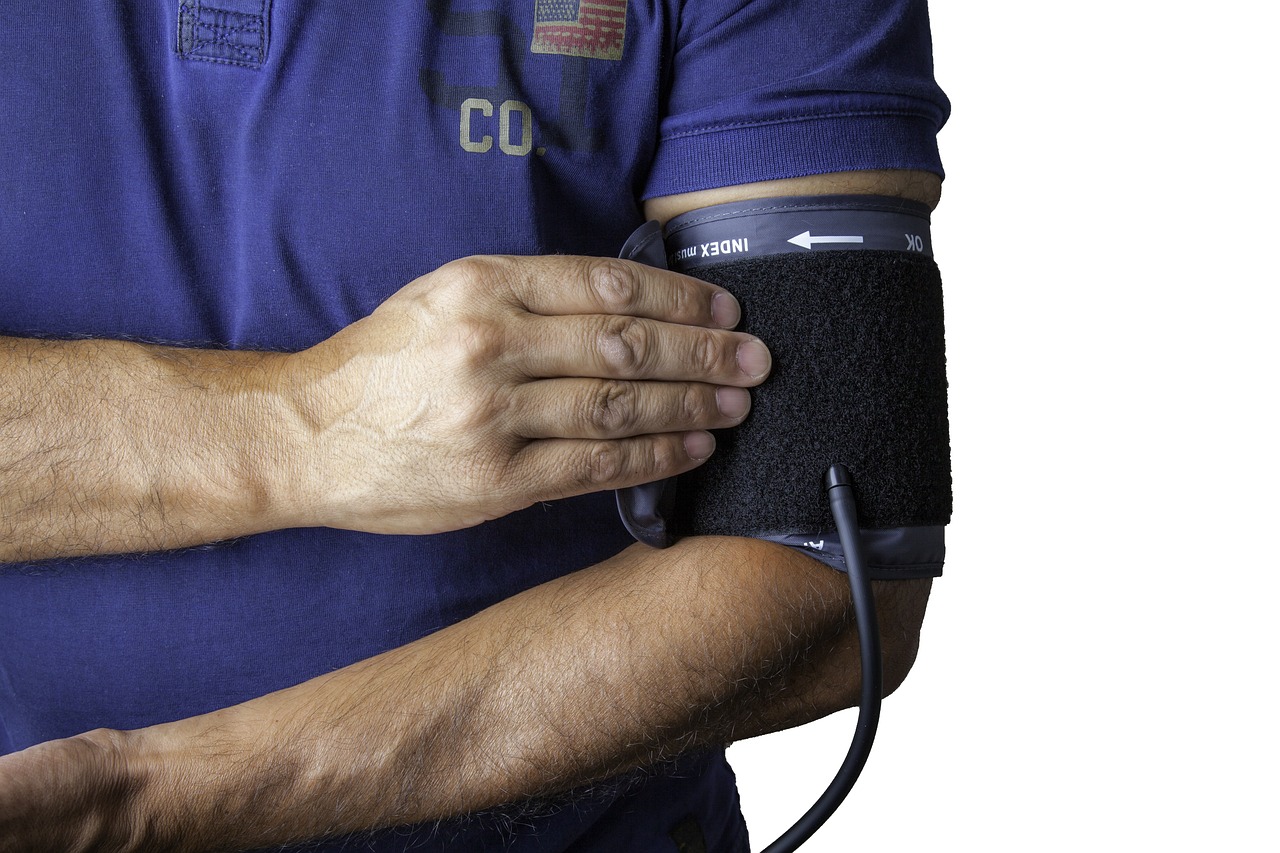Hypertension, or high blood pressure, is a commonly found health problem that affects millions of people globally. Hypertension, widely referred to as — “silent killer”, usually symptomless but can have life-threatening complications if untreated. In this article, we will look at what hypertension (high blood pressure) is, what causes it, what the health risks are and what you can do to control it.
What is High Blood Pressure?
Blood pressure is the pressure of circulating blood on the walls of blood vessels. This test results in two numbers, systolic pressure (the pressure when your heart beats) over diastolic pressure (the pressure between beats) expressed in millimeters of mercury (mm Hg). Normal blood pressure is generally considered to be 120/80 mm Hg. An individual will have hypertension if blood pressure readings continuously exceed levels of 130/80 mm Hg.
Causes of High Blood Pressure
There are two main types of high blood pressure: primary (essential) hypertension and secondary hypertension.
Essential Hypertension: This type develops slowly over many years and has no identifiable cause. The often described associated aetiologies are genetics, diet, physical inactivity, obesity, and ageing.
2) Secondary cause: More often caused by an underlying condition, including kidney disease or hormonal disorders or certain medications. It is important to note here that secondary hypertension can come on acutely and can be more severe than primary hypertension.
Risk Factors
These include the following 10 risk factors for developing high blood pressure:
Age: Male blood pressure is prone to increase after 45, female after 65.
Background of family: An elevated risk can also occur to those with a family history of hypertension.
Obesity: Carrying excess weight around your body can cause your blood pressure to rise as your heart has to work harder.
Sedentary Lifestyle: Weight gain and increased blood pressure due to inactivity.
Heavy Alcohol Use: Alcohol can increase blood pressure.
Tobacco use can harm blood vessels and raise blood pressure.
Hazards of High Blood Pressure
High blood pressure can cause many health problems if they are not controlled, such as:
Heart Disease: Hypertension is a key risk factor for coronary artery disease, heart failure, and other forms of cardiovascular disease. The added stress can make your heart do more work causing your heart muscle to grow thicker.
Stroke: High blood pressure or hypertension leads to rupture of blood vessels in the brain or develop blood clot leading to a stroke.
Kidney Damage — Higher blood pressure puts extra strain on your kidneys, and can injure the blood vessels in your kidneys.
Vision Loss: Hypertensive retinopathy is when high blood pressure injures the blood vessels in the eyes, which can affect vision and even lead to blindness.
Aneurysms – High blood pressure can tear both the outer and inner layers of your artery walls, causing your arteries to bulge and form an aneurysm that rupturing is fatal.

Managing High Blood Pressure
It is essential to keep blood pressure under control to avoid complications. Well, here are a few that work quite well:
Lifestyle Changes:
Diet: A better heart-healthy diet like the DASH (Dietary Approaches to Stop Hypertension) diet may reduce blood pressure. Decreases sodium intake and promotes fruits, vegetables, whole grains, low-fat dairy, poled protein
Exercise: Regular exercise, like walking, biking, or swimming, can help reduce blood pressure and keep a healthy weight.
Weight Control: Even a modest loss of weight is often associated with lower blood pressure.
Medication: In certain cases, making lifestyle changes is not enough. Antihypertensive medications may also be prescribed by healthcare provider to manage blood pressure. Some of the most common types of medication are; diuretics, ACE inhibitors, calcium channel blockers, and beta-blockers.
Measure Regularly: A regular blood pressure measurement is crucial for the diagnosis of high blood pressure. Home blood pressure monitors are useful in tracking blood pressure levels and identifying trends of concern.
Stress management: Prolonged stress can play a role in high blood pressure. Stress is easily handled with techniques like mindfulness, meditation, yoga, and deep breathing exercises.
Reduce Alcohol Consumption and Quit Smoking: Decreasing drinking and losing smoking can significantly impact health and blood pressure.
Conclusion
High blood pressure is one of the most prevalent causes for serious health issues that make a large part of the world suffer in silence due to lack of effective remedies. Knowledge of the causes, risk factors, and health effects of high blood pressure is crucial to both the prevention and control of hypertension. A healthy lifestyle, proper monitoring of blood pressure, and consulting the doctor as required can go a long way in keeping blood pressure under control.
Ongoing research will likely continue to improve health outcomes in those at-high-risk for hypertension, but greater public awareness and education about high blood pressure will prove necessary in the fight against this silent killer. If you’re worried that you might have high blood pressure — or if you’ve already been diagnosed with it — talk to your doctor about what you can do. If you want to live a healthy and long life, then taking charge of your blood pressure is the way to do it.

